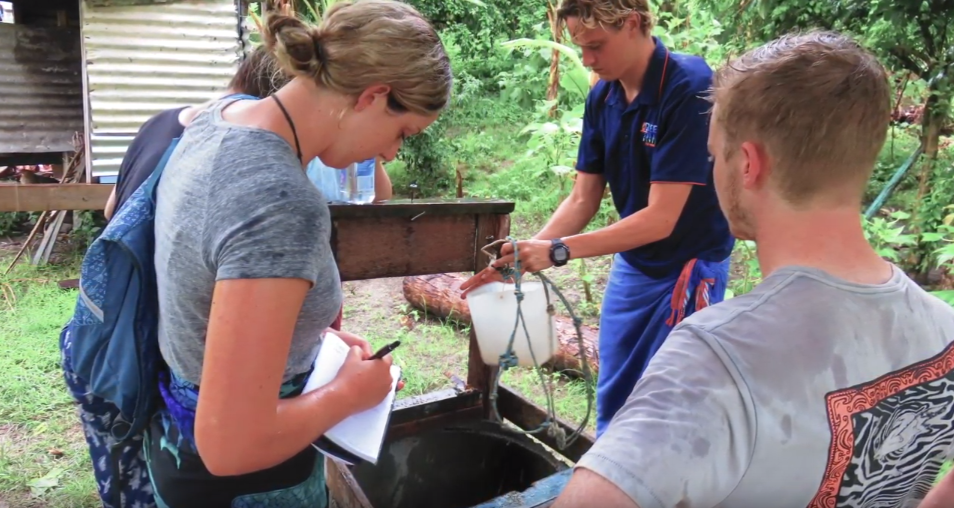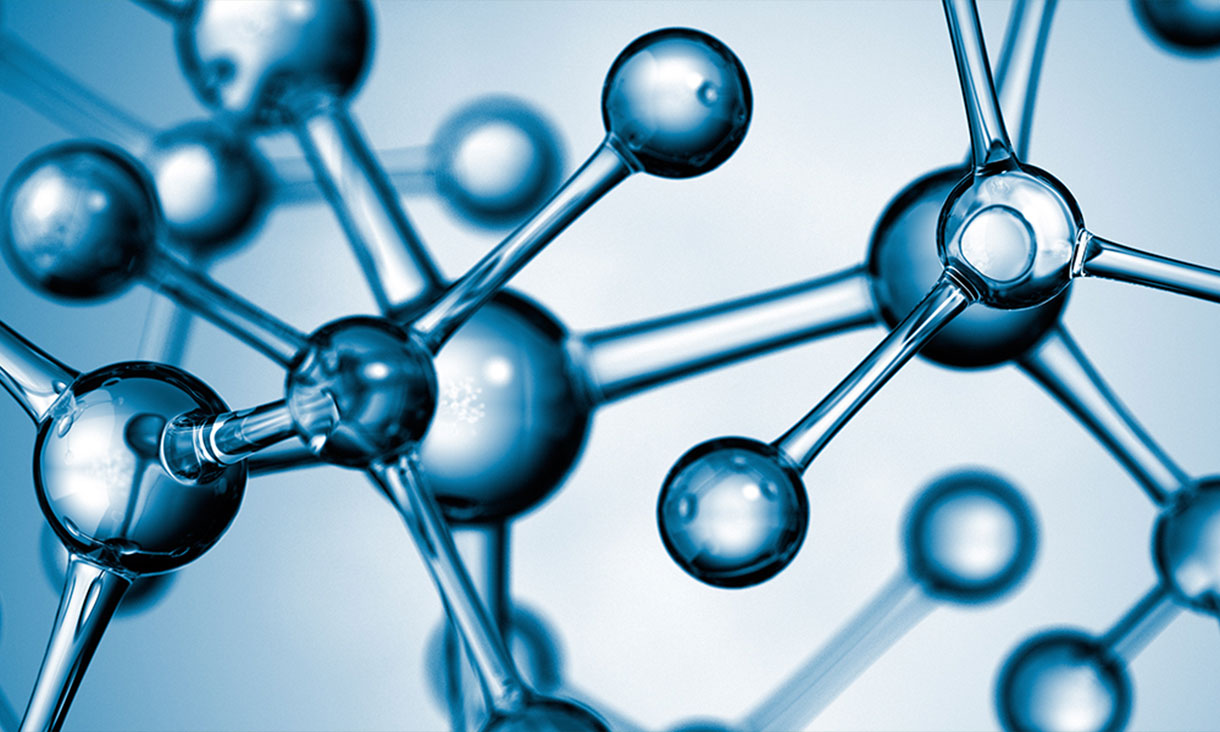Applied science
RMIT's applied science courses give you the flexibility and freedom to shape your own path, offering the opportunity to explore a broad range of scientific disciplines at all levels of study.
Biomedical engineering
Biomedical engineering at RMIT is collaborative and interdisciplinary, encompassing science, medical science, IT and engineering.
Nanotechnology
RMIT is at the forefront education and research in the rapidly evolving field of nanotechnology - the science and engineering of materials less than a micrometre.



